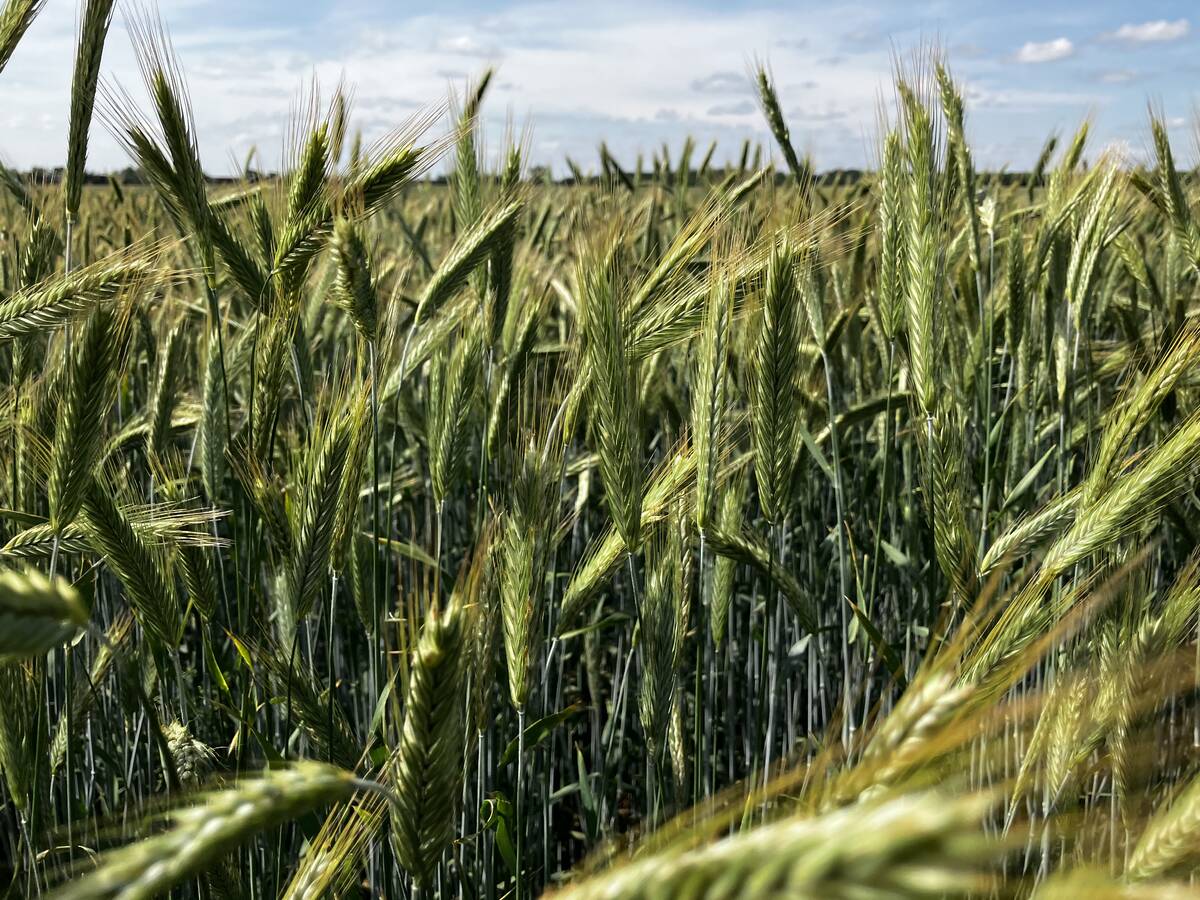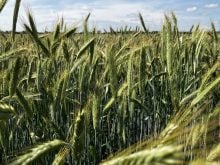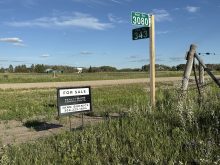More Saskatchewan rural residents are taking action against what they consider high taxes.
Taxpayers in the Rural Municipality of Wellington, southeast of Regina, voted to withhold their property taxes until the Saskatchewan government changes the tax structure. Approximately 200 taxpayers and curious onlookers attended the Sept. 7 meeting.
After the points were made and votes taken, 89 people voted for a tax revolt, while 25 voted against it. There were some abstentions.
Farmer Ron Borys, who started circulating a petition calling for a vote on the issue, said it did not take much to get residents of the RM to support the action.
Read Also

Keep it clean on pre-harvest chemical use
Canadian farmers urged to toe the line on pre-harvest pesticide application and market product restrictions to avoid grain marketing headaches.
“After they found out the petition had started, about 90 percent of the ones who signed came right to my door,” Borys said.
“It wasn’t something that was harped and preached and shoved down someone’s throat.”
Borys, who has been farming for 35 years, said he lost $35,000 last year and still paid over $4,000 in taxes. He said he has friends in larger centres who make six-figure incomes and pay much less.
“I know people who live in Yellowgrass that make over $100,000 and paid $600 last year,” he said.
The RM of Wellington is one of four Saskatchewan RMs that have held tax revolt votes. Ratepayers in the RM of Benson turned down a similar motion at an Aug. 2 meeting, while those in the RMs of Francis and Lajord approved withholding their taxes.
Ken Engel, director of the Saskatchewan Association of Rural Municipalities, says the ratepayers are using the wrong approach to get help.
“There’s a lot of people in financial difficulty right now, and they’re looking for a solution,” Engel said.
“There’s no question this action will put some pressure on the federal and provincial governments, but RMs are so far down the food chain the impact on the province will be less than on those taking action.”
Engel said the RMs have certain obligations, such as keeping roads in reasonably good condition, that must be met whether taxes are paid or not. He said if taxes are withheld, money for capital expenses will have to be borrowed and interest will be paid, which will ultimately raise mill rates and result in higher property taxes.
“We understand and sympathize with the problems. There are people who desperately need help, but this particular approach seems to be aimed in the wrong direction.”
Engel said he has heard rumors that similar petitions are being circulated in other areas, but so far, no others have planned a vote.
Borys said he is aware of the risks and possible loss of services for the RM, but said it is short-term pain for a long-term gain. He admits fingers could be pointing at the wrong people, but says no better alternative has been offered.
“Show us a better way. We’re not so bullheaded and na•ve to say this is the only way,” he said.
“Once we’ve lost our land, who’s going to pay the taxes on it next year? We’ve all got our backs against the wall.
“This thing is going to run if it takes all winter.”
















